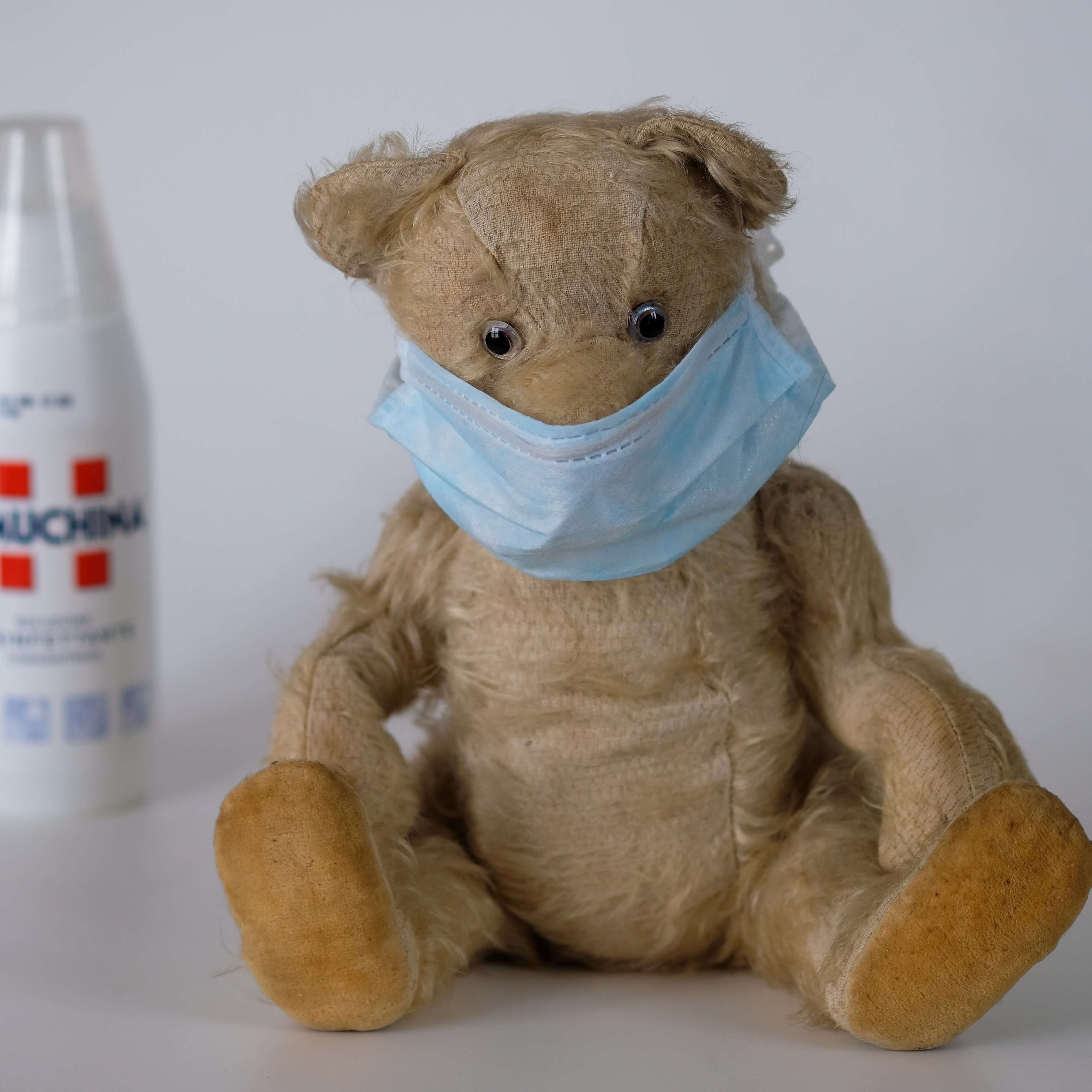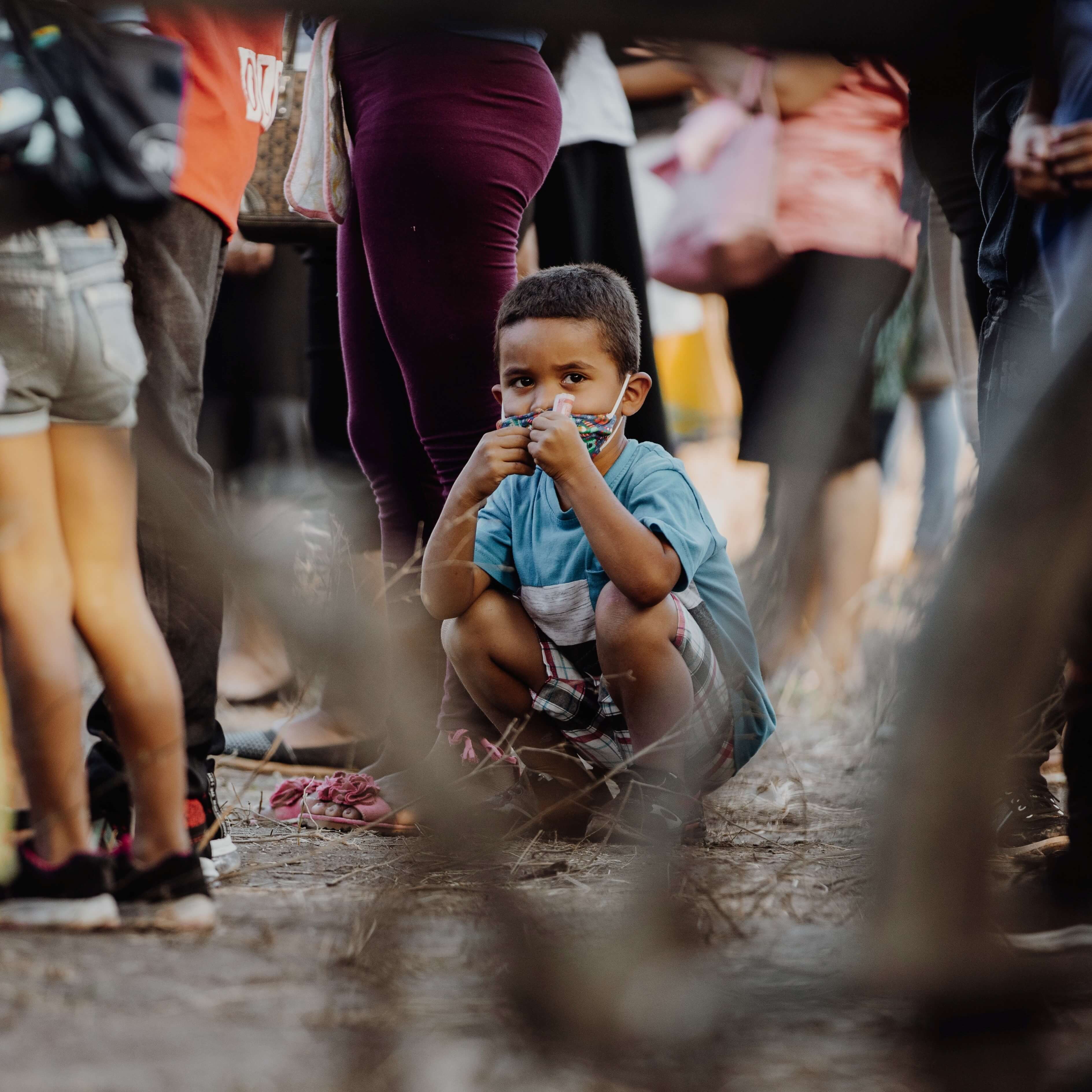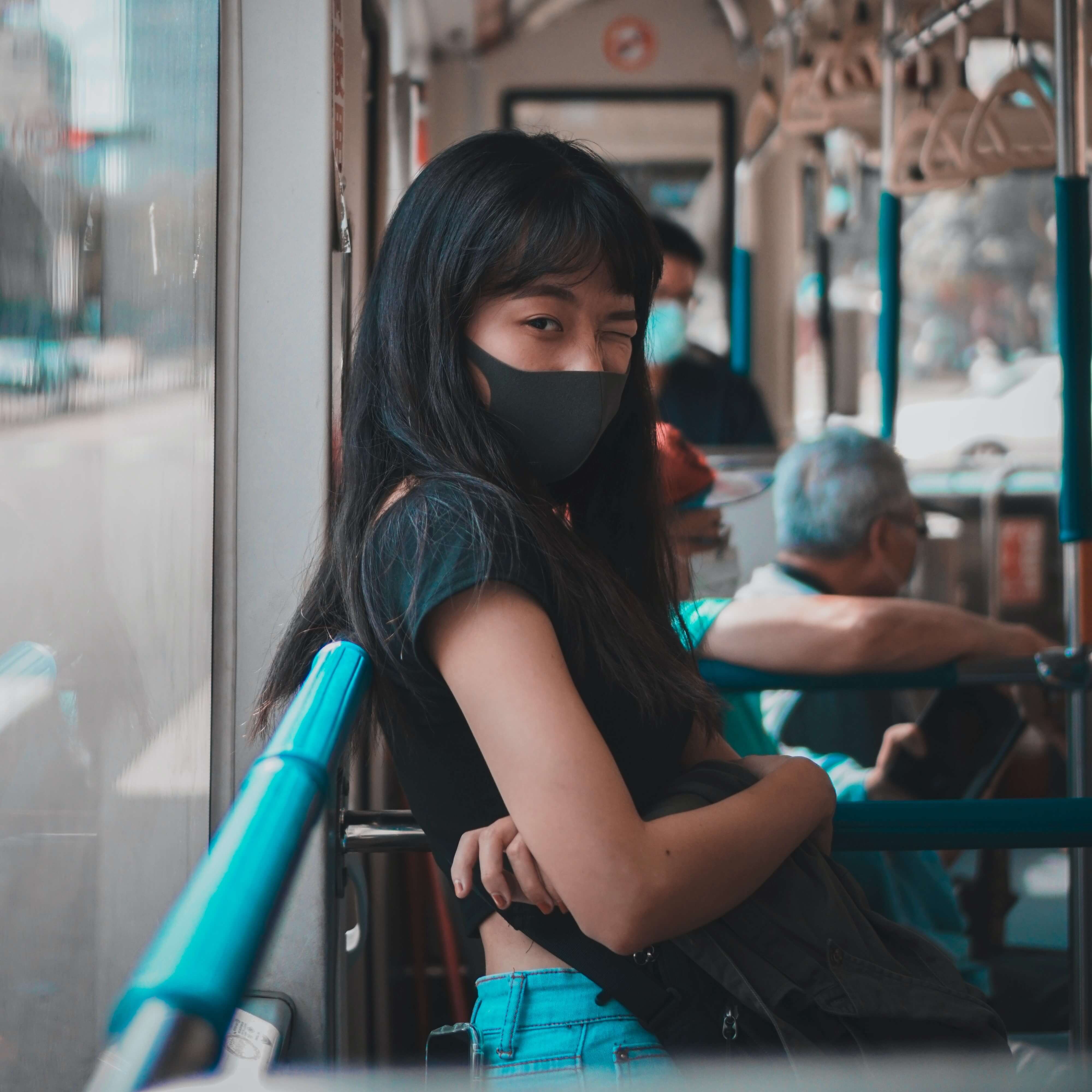
How Does COVID-19 Start?
Prevention is better than cure, anytime! But when you cannot prevent a disease, it is always better to diagnose it at an early stage. The later the stage, the more severe the illness. And the COVID-19 infection is no different. In this day and age, where anyone can be infected with the virus, when its mutated variants may become more and more dangerous with time, it is doubly important to detect the early COVID-19 symptoms and begin the treatment as soon as possible. But what are the early signs which show that you may have contracted the virus?
First Signs that You’ve Contracted COVID
The first and earliest symptom of the coronavirus infection is fever. A rise in your body temperature usually occurs with any kind of infection, not just COVID, since it is the natural response of your immune system. Thus, fever may not be the surest sign of contracting the virus, but it is definitely the time after which you should conduct self-tests, use test kits like the Healgen tests, and start looking for other symptoms. The first signs of COVID-19 that generally follow fever are the following:
Other initial symptoms of the COVID-19 virus include dry cough, fatigue, and shortness of breath.
The Incubation Period for COVID-19

The incubation period is, basically, the time it takes for the virus to show symptoms post-infection. It is widely believed that the first symptoms of COVID-19 usually show up around five to six days after the virus has entered your body. In certain cases, it may take your body more than ten days to realise that it’s infected with the virus. In other really rare instances, symptoms may start showing up within a day or two. You may rest easy if you experience no symptoms after a couple of weeks of exposure.
Common Symptoms of COVID
Have you experienced some, or maybe all, of the aforementioned first signs of COVID-19? Now, you need to test yourself again with a self-test kit, like the Flowflex antigen test, and keep a lookout for the more common symptoms of the virus. Almost every infected person so far has exhibited most of the following symptoms at one point or another.
Though the loss of taste and smell is comparatively rare among the infected, it can assuredly be included in the common COVID-19 symptoms timeline. In essence, the common symptoms of COVID-19 are the same as those of the common cold, with a few additional anomalies.
Severe Symptoms of Coronavirus
Common symptoms, if left unchecked, might ball up into a severe illness which may call for emergency measures. So as soon as you start feeling any of the following, get medical help immediately.
Other severe symptoms of coronavirus may also include numbness of arms and slurring of speech.
When to See a Doctor
You may think that you need to see a doctor right after the first symptoms of COVID-19 start showing up. Not true! The first thing you should do after noticing the early symptoms is to get tested for the virus. No need to visit the doctor for this purpose. Just look for a self-assessing kit, particularly the COVID-19 lateral flow test to buy online or at the nearest pharmacy. If the test comes positive, then immediately isolate yourself so that those near and dear to you won’t be infected.
Post isolation, wait for a few days to see whether your symptoms are decreasing. If they are escalating instead, only then come out of isolation to consult a doctor. Especially if you are finding it difficult to breathe or your symptoms have become severe, then you should get yourself hospitalised.
Final Thoughts
To sum it up, the COVID-19 symptoms timeline goes something like this: fever, headaches, lethargy, common cold, and loss of taste or smell. After that, if you are careful, then the symptoms may slowly start abating. Otherwise, they may escalate into severe illnesses and more intense symptoms like breathing problems, chest pains, numbness, etc.



